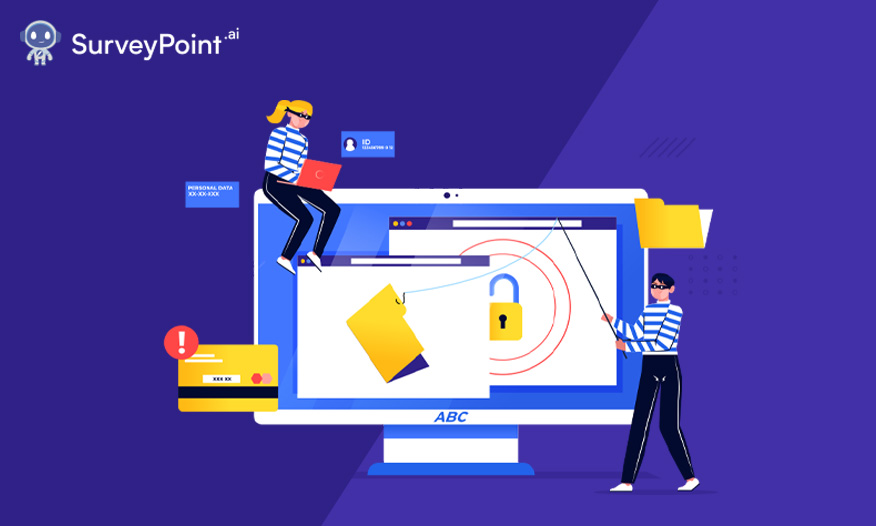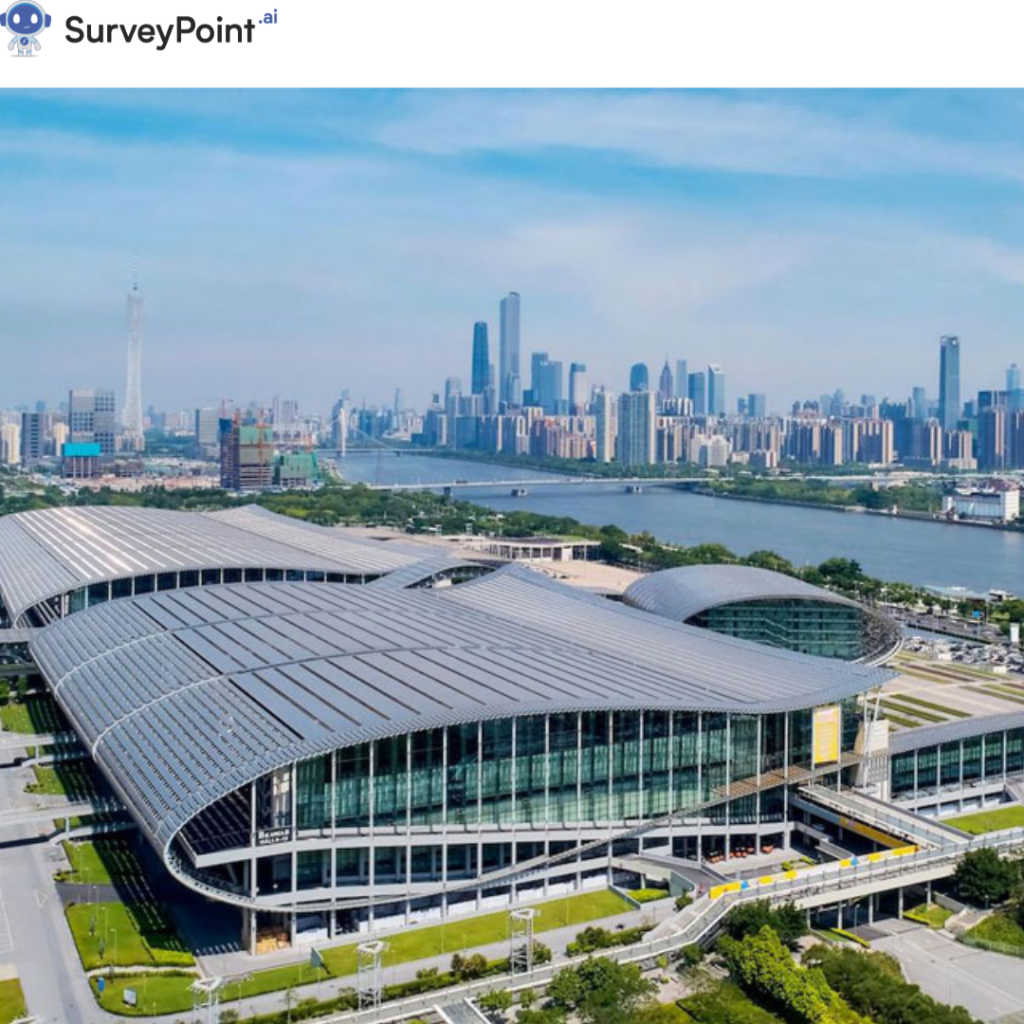
The case of surveys anonymous vs confidential has always remained a hot topic for debate. Do they both refer to the same thing, or are they different? The phrases “anonymous” and “confidential” are sometimes used interchangeably and have a similar ring to them.
As we proceed through this article, we will focus on both types of surveys separately and clarify their fundamentals. We will also cover who should fill out which surveys, why, and anything else relevant. Without delay, let’s start right away!
What Is An Anonymous Survey?
Anonymous surveys are those in which all respondents’ identities remain concealed from the survey creator. Examples of this kind of information include email addresses, employee ID numbers, departments, and so on.
In this modern day, anonymous surveying is accessible to everyone. It is standard practice for human resources departments to conduct this kind of survey. Using this survey method increases the chances of receiving genuine and reliable responses.
RELATED: How To Create Anonymous Microsoft Forms: Steps & Tips
What Is A Confidential Survey?
Confidential surveys are those kinds of surveys where the pool of collected data and its access are kept extremely protected. Access to viewing or analyzing data is kept restricted only to a few people.

Here the underlying feature is confidentiality which is different from anonymity. There are numerous instances where management teams have conducted private surveys. All information provided by participants in these surveys is held in the utmost confidentiality. Executives and managers at all levels of an organization are usually privy to the findings of such polls.
Anonymous Vs Confidential Surveys: A Comparison And Contrast
Using the table below, we will set out the differences between anonymous and confidential surveys.
| Point of Difference | Anonymous Survey | Confidential Survey |
|---|---|---|
| Characteristics | A survey where respondents’ personal identity is not known to anybody, not even to the sender or researcher of the survey. | The researcher or the sender knows the participant’s personal data, but their identities are not revealed outside a set of chosen people. |
| Purpose | Used mostly for quantitative studies. | Used for both qualitative and quantitative studies. |
| Cases of Use | Used to conduct online surveys, general comment studies, interviews, medical research studies, political opinion, economic studies, etc. | Used to conduct interviews, form questionnaires, and conduct product/preference-based surveys, etc. |
| Follow-Up | It is a multi-fold survey. Participants (whether persons or institutions) may be contacted by authorities in an effort to clarify responses or get additional information. | It is a one-way survey. There is no trace left to the sender to requisition the respondent to follow up. |
Anonymous Vs Confidential Surveys: Which Is Better?
Some surveys are better conducted confidentially, while others are better conducted anonymously. Several factors can help a company decide which direction to take. Let’s take up these factors one by one:
Number of questions
If a survey is to be performed with fewer questions, conduct a confidential survey. The answer to these questions can automatically tag into the participant’s profile. In addition to including previously collected data and responses, these surveys also provide the flexibility to incorporate brand-new data. When surveys are brief, respondents often revisit them for additional edits. The confidential survey allows for revisions to previously submitted responses.
However, repeat respondents cannot be asked for more details in anonymous polls. To that end, anonymous surveys typically throw a barrage of questions at respondents.
Confidential surveys, in a nutshell, are a way to get helpful information from respondents when a large number of questions need to be asked. The purpose of such an extensive list of questions is to elicit from the respondent a comprehensive view of the topic from every angle possible. Many similar or identical question types appear multiple times in these polls.
RELATED: What Is The Perfect Number Of Questions To Ask In An Online Survey?
Gathering aggregate and group-level data
The purpose of surveys is often to collect aggregate-level data across a company. For these types, anonymous surveys work the best. If you desire to collect aggregate-level data from an organization, group of individuals or participants of any size and shape, choose anonymous surveys.
Confidential surveys are recommended when your survey demands are a step more complicated, and you would like to separate a group from the larger pool of data as well.
Level of trust
Both anonymous and confidential surveys can be conducted to gain the participants’ trust. Although, participants feel more comfortable answering anonymous surveys since their responses are not tagged.

To resolve this issue, participants can be assured of their safety with proper proof. With SurveyPoint, organizations can conduct professional surveys effectively. It’s simple enough for newcomers to pick up and use right away, yet rich with valuable features. The platform is state-of-the-art, allowing businesses to conduct surveys safely.
In the case of a confidential survey, as a survey sender, you need to instil that faith in customers why their surveys are really considered confidential.
As a Final Note
Both anonymous and confidential surveys have their advantages and disadvantages. Anonymous surveys give the participants an extra layer of protection, control social desirability bias, and generally furnish honest answers. But, on the flip side, it generates redundant responses and cannot link respondents’ sentiments to operational performance.
Confidential surveys bridge these gaps, allowing managers to understand a topic’s critical aspects by linking segregated demographics to specific groups. But, as a coin has two sides, confidential surveys also lack the establishment of trust among respondents.
Thus, caution must be taken while selecting a survey to ensure that it meets the requirements. Each survey design has its own set of downsides. However, a savvy business will take its time deciding which survey format will best provide them with insightful, honest, and trustworthy feedback from their intended audience.
Want To Create an Eye-Popping Professional Survey?
Take advantage of all of the advanced features by signing up for FREE.
Free Trial • No Payment Details Required • Cancel Anytime
Heena Shah – Content Writer at Sambodhi




